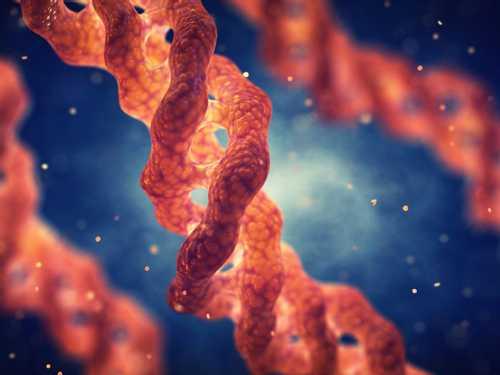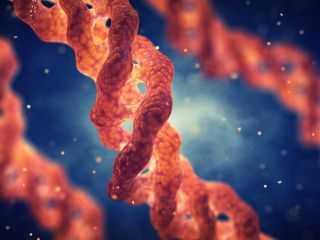Explore the World's Best Ideas
Join today and uncover 100+ curated journeys from 50+ topics. Unlock access to our mobile app with extensive features.
Collagen
It's a set of proteins that form the primary structural component of connective tissues like skin and cartilage. Of the 28 different types of collagen, 90% is of 'Type 1', found in the skin, tendons, organs and parts of the bone. The other types of are found in cartilage, bone marrow, basement membranes, hair and cell surfaces.
Our body makes up collagen by breaking down dietary protein into amino acids.
A balanced diet, rich in foods like chicken, beef, eggs, dairy, legumes, nuts and whole grains along with fresh fruits and vegetables is essential to provide the body with the specific building blocks to produce collagen.
50
204 reads
Collagen and Medical Treatment
- Scientists have been experimenting with administering of Collagen to treat arthritis, or joint pain, with mixed results. Supplementing the body with oral collagen doesn't work to reverse arthritis, but surgically inserting collagen into the joints shows promise.
- Collagen is successfully used to treat wounds, promote healing and prevent infection for more than 2000 years.
- Collagen supplements that claim to improve skin, heart and bone health, while boosting muscle mass, should be treated with skepticism until further research and studies are conducted on their benefits.
47
237 reads
IDEAS CURATED BY
"The greatest of follies is to sacrifice health for any other kind of happiness." - Schopenhauer
Aurora E.'s ideas are part of this journey:
Learn more about health with this collection
How to stay motivated
How to create a workout routine
Proper form and technique for home workouts
Related collections
Similar ideas
5 ideas
7 ideas
5 ideas
Read & Learn
20x Faster
without
deepstash
with
deepstash
with
deepstash
Personalized microlearning
—
100+ Learning Journeys
—
Access to 200,000+ ideas
—
Access to the mobile app
—
Unlimited idea saving
—
—
Unlimited history
—
—
Unlimited listening to ideas
—
—
Downloading & offline access
—
—
Supercharge your mind with one idea per day
Enter your email and spend 1 minute every day to learn something new.
I agree to receive email updates

